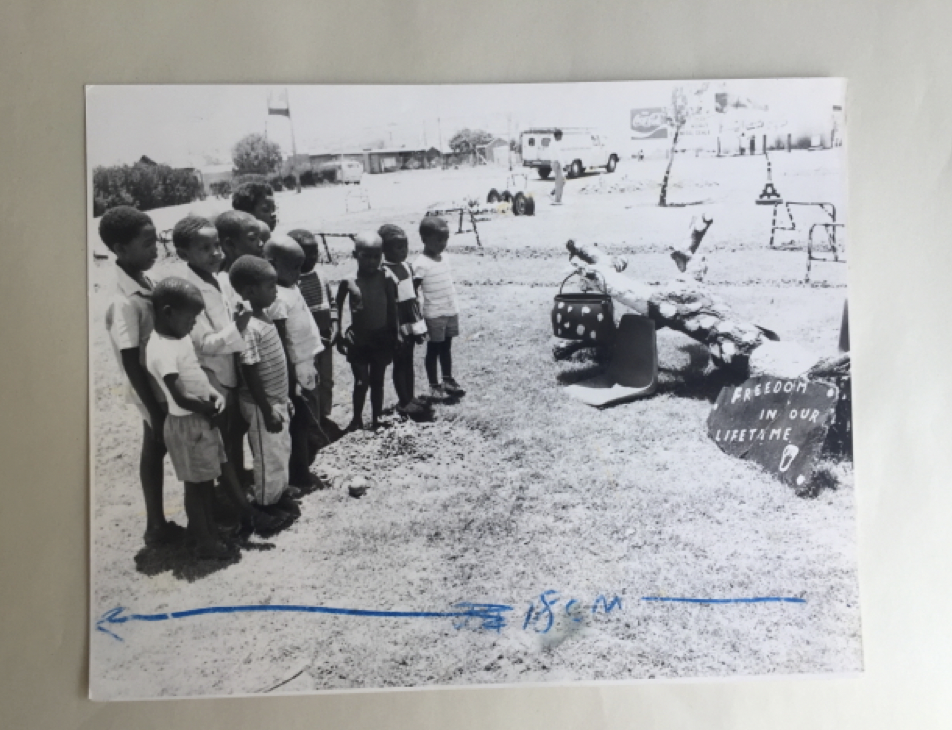CALL FOR PROPOSALS TO ORGANISE A WORKSHOP
Closing Date: Monday 2 May 2022
The African Critical Inquiry Programme invites proposals from scholars and/or practitioners in public cultural institutions in South Africa to organise a workshop to take place in 2023. The African Critical Inquiry Programme (ACIP) seeks to advance inquiry and debate about the roles and practice of public culture, public cultural institutions, and public scholarship in shaping identities and society in Africa. The ACIP is committed to collaboration between scholars and the makers of culture/ history, and to fostering inquiry into the politics of knowledge production, the relationships between the colonial/apartheid and the postcolonial/postapartheid, and the importance of critical pluralism as against nationalist discourse. ACIP is a partnership between the Centre for Humanities Research at the University of the Western Cape and the Laney Graduate School of Emory University in Atlanta, Georgia (USA).
ACIP Workshops are intended as annual occasions to identify and address critical themes, fundamental questions, and pressing practical issues concerning public culture. For instance, Workshops might focus on particular questions and issues related to publics, visuality, museums and exhibitions, art, performance, representational forms, or institutional forms from diverse methodological, practical, and theoretical vantage points. They might examine forms and practices of public scholarship and the theories, histories, and systems of thought that shape and illuminate public culture and public scholarship. Workshops should encourage comparative, interdisciplinary, and cross-institutional interchange and reflection that bring into conversation public scholarship in Africa, creative cultural production, and critical theory. Workshop budgets will vary depending on proposed plans; the maximum award is ZAR 60,000.
Workshop Themes and Formats: Working with a different focus each year, the ACIP Workshop will facilitate and energise conversations among scholars and practitioners drawn from universities, museums, and other cultural organisations, seeking to bridge institutional silos and boundaries. The ACIP Workshop should help place research and public scholarship within broader frames, work against institutional isolation, facilitate collaborative research relations and discussions, and build a cohort of scholars and practitioners who talk across fields, across generations, and across institutions. Proposed Workshops will be selected with an eye to cultivating these goals.
Proposed Workshop themes should focus on issues and questions that foster critical examination and debate about forms, practices, and institutions of public culture. Themes should be addressed from multiple orientations and disciplines, include comparative perspectives, and be situated in relation to concepts and theories from relevant fields. Workshops should be planned to engage participants across different institutions of public culture, including universities, museums, arts and culture organisations, NGOs, or others appropriate to the topic. Abstracts for previously funded ACIP Workshops are available here.
The Workshop might use a range of formats as appropriate. Examples of formats that might be proposed or combined:
a standard workshop of 2-3 days, with specific sessions, presentations, discussants, pre-circulated papers or readings, etc. Variations on this format might also be introduced. Preferred timing for such workshops is March 2023.
a working group of colleagues and postgraduate students drawn from across institutions that meet regularly over several weeks or months to discuss common readings and work in progress; visitors who work on the group’s central theme and issues might be invited to give public lectures, participate in group meetings, mentor students, etc.
a collaborative teaching programme with a common postgraduate course, or module of a course, taught in parallel at different universities with various modes of coordination and interaction, with participants coming together for a 1 day workshop at the end.
a distinguished scholar or cultural practitioner invited as a short-term Public Scholar in Residence (PSR) to bring fresh, comparative perspectives to particular issues and debates through public lectures, participation in a standard workshop, consultations with colleagues at institutions of public culture, and meetings with students supported by ACIP’s Ivan Karp Doctoral Research Awards. The visitor might also contribute to courses as appropriate.
Workshop organisers will work through the Centre for Humanities Research (CHR) at the University of the Western Cape for basic financial administration and are responsible for complying with CHR policies. Workshop organisers should submit a letter from the host institution, centre, programme, or department confirming that appropriate administrative and institutional support will be available.
We ask Workshop organisers to incorporate appropriate modes of participation for postgraduate students holding current Ivan Karp Doctoral Research Awards from ACIP so that they have opportunities to consult with Workshop participants. Prior holders of Ivan Karp awards may also wish to attend and we encourage organisers to include students from a range of higher education institutions.
Who Should Apply: Applications may be submitted by experienced scholars and cultural practitioners based in universities, museums, and other cultural organisations in South Africa who are interested in creating or reinvigorating interdisciplinary, cross-institutional engagement and understanding and who are committed to training the next generations of scholar-practitioners. Applications may be submitted by a single individual or a pair of individuals who have different institutional affiliations and bring different perspectives, approaches, or specialisations to the proposed Workshop theme.
More here.



